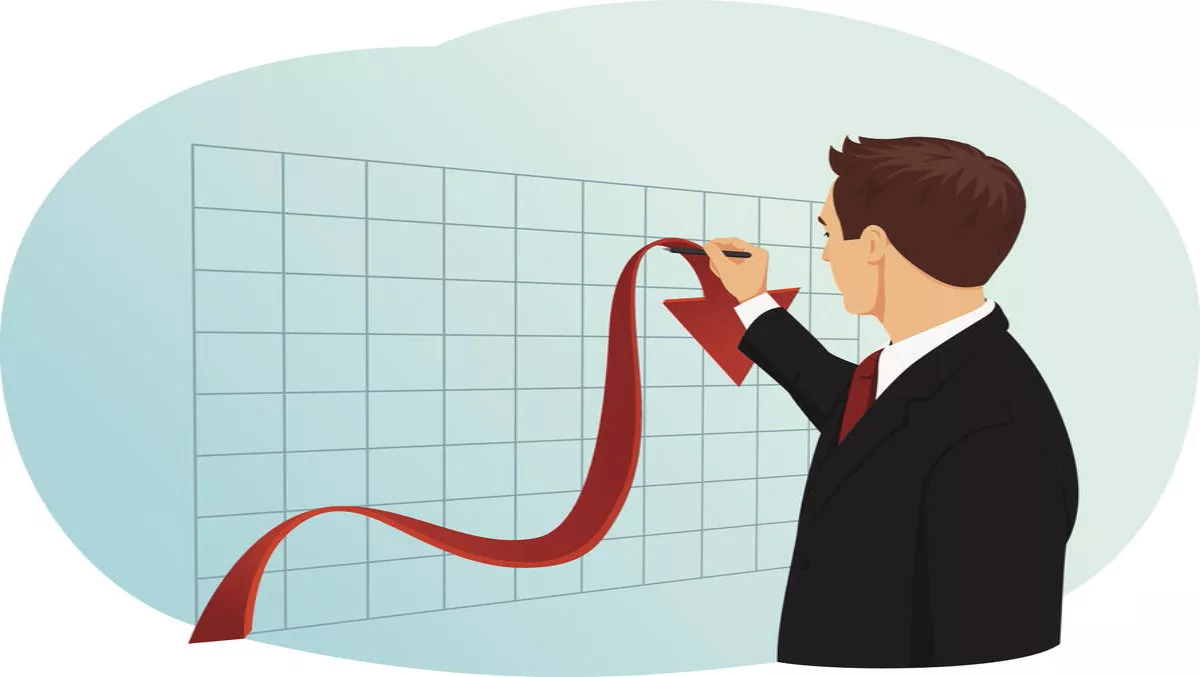
Global IT spend 'lackluster', according to reports
Currency fluctuations across the globe isn't working out too nicely for IT spending, with Gartner forecasting spending to be flat in 2016, totalling $3.41 trillion.
The analyst firm says the UK's decision to exit the EU will have a yet-to-be-defined affect on the market.
"The current Gartner Worldwide IT Spending Forecast assumes that the U.K. would not exit the European Union. With the U.K.'s exit, there will likely be an erosion in business confidence and price increases which will impact U.K., Western Europe and worldwide IT spending," explains John-David Lovelock, research vice president at Gartner.
Lovelock says while the U.K. has embarked on a process to change, that change is yet to be defined. "The "leave" vote will quickly affect IT spending in the U.K. and in Europe while other changes will take longer," he says.
"Staff may be the largest immediate issue. The long-term uncertainty in work status will make the U.K. less attractive to new foreign workers. Retaining current non-U.K. staff and having less access to qualified new hires from abroad will impair U.K. IT departments.
New Options Are Disrupting Established Markets
"2016 marked the start of an amazing dichotomy. The pace of change in IT will never again be as slow as it is now, but global IT spending growth is best described as lackluster," explains Lovelock.
"2016 is the year that business focus turns to digital business, the Internet of Things and even algorithmic business," he says. "To fund these new initiatives, many businesses are turning to cost optimisation efforts centering around the new digital alternatives (for example, SaaS instead of software licenses, voice over LTE [VoLTE] instead of cellular and digital personal assistants instead of people) to save money, simplify operations and speed time to value.
"It is precisely this new breadth of alternatives to traditional IT that will fundamentally reshape what is bought, who buys it and how much will be spent," Lovelock says.

According to Gartner's forecast, data center systems' spending is projected to reach $174 billion in 2016, a 2% increase from 2015. The market is driven by strong growth in the server markets in Greater China and Western Europe, and a strong refresh cycle in the North American enterprise network equipment market.
Global enterprise software spending is on pace to total $332 billion, a 5.8% increase from 2015, the forecast shows. North America is the dominant regional driving force behind the growth. It is responsible for $11.6 billion of the $24-billion-dollar increase in 2016.
At a segment level, the fastest-growing market continues to be customer relationship management software.
Devices spending is projected to total $627 billion by the end of 2016, according to the forecast.
Gartner says the lackluster economic issues surrounding Russia, Japan and Brazil will hold back demand and worldwide PC recovery in 2016. Additionally, Windows 10 upgrades have further led to PC buying being delayed - consumers are willing to use older PCs longer, once they are upgraded to Windows 10.
Spending in the IT services market is expected to increase 3.7%, totalling $898 billion. Japan is the fastest-growing region for IT services spending with 8.9% growth.
"With an increase in digital business projects, Japanese companies are starting to better understand that they need consulting support to transform their business and advice around new technologies from consultancy companies," Gartner says.
"Critically, they now see real value in those services and consequently are willing to pay for the services.
Communications services spending is projected to total $1.38 trillion in 2016, down 1.4% from 2015. Japan leads the growth in communications services, with 8.3% growth, while Greater China adds the most dollars to spend with just more than $8.3 billion.
Eastern Europe, Western Europe and North America all are forecast to decrease as price wars and declining usage affect virtually all communications services markets.


